Video: Five life-changing innovations
Technologies that you’ve only read about in science fiction novels may become reality in the next five years.

IBM has come up with a list of innovations that it argues have the potential to change the way people work, live and play in the next five years.
The top five is based on market and society trends, along with emerging technologies that are already being worked on at IBM labs, and which were felt to be the most viable for release in the next five years.
Day-to-day use of solar technology
IBM said that solar energy will be an affordable option in the next five years, which could be embedded in things like rooftops, paints, windows and pavements.
Solar cells are considered too expensive to be widely used in these ways, but this could change thanks to thin-film' solar cells. These are 100 times thinner than silicon-wafer cells and produced at a cheaper cost.
Thin-film solar cells have the ability to be printed and arranged flexibly. IBM said that this could mean their use in buildings, windows, mobile phones, laptops, cars, and clothing.
Genetic health predictions by doctors
Sign up today and you will receive a free copy of our Future Focus 2025 report - the leading guidance on AI, cybersecurity and other IT challenges as per 700+ senior executives
In the next five years, IBM claimed that doctors will be able to provide patients with a genetic map' which shows what health risks a patient will most likely face in their lifetime thanks to analysis of DNA.
With a potential cost of less than $200 (131), the map will allow a patient to look at what the risks are and change specific things about their lifestyles to avoid medical risk.
Doctors will be able to prescribe more accurate treatments, while pharmaceutical companies could create medicines which are targeted at individuals.
Voice activated internet surfing
The technology is already available for somebody to surf the internet simply by using voice commands.
It will be extremely useful in places like India, where the spoken word is more prominent and mobile phone growth outstrips PCs. People will be able to post, scan, and respond to emails and instant messages without typing.
It's claimed that at some point you'll be able to sort through the web verbally and have the information read back like a conversation with the net.
Digital shopping assistants
New technology and new types of mobile devices could make in-store shopping assistants redundant.
Digital shopping assistants in the form of touch screen and voice activated kiosks will allow you to choose clothing items, with sales assistants being notified who will collect the items and bring them over to you.
IBM said that you'll be able to take photos of yourselves in the different clothes, emailing them to your friends or family. Like online shopping, you'll also be able to access product ratings and reviews from fellow buyers.
Everyday life memory' storage
Thanks to portable storage devices as well as tiny microphones and cameras, it will be possible for people to store their conversations and activities.
This will be useful for people to remember what discussions they had, and smartphones with geo-location technology has the potential to remind people to pick up shopping at a certain time.
-
 How the UK public sector could benefit from strategic channel partnerships
How the UK public sector could benefit from strategic channel partnershipsIndustry Insights Is the channel the answer to the growing cost vs budget problem facing the public sector?
-
 Microsoft wants to replace C and C++ with Rust by 2030
Microsoft wants to replace C and C++ with Rust by 2030News Windows won’t be rewritten in Rust using AI, according to a senior Microsoft engineer, but the company still has bold plans for embracing the popular programming language
-
 Fit for artificial intelligence
Fit for artificial intelligencewhitepaper Ensure data availability to applications and services with hybrid cloud storage
-
 Fit for AI
Fit for AIwhitepaper Ensure data availability to applications and services with hybrid cloud storage
-
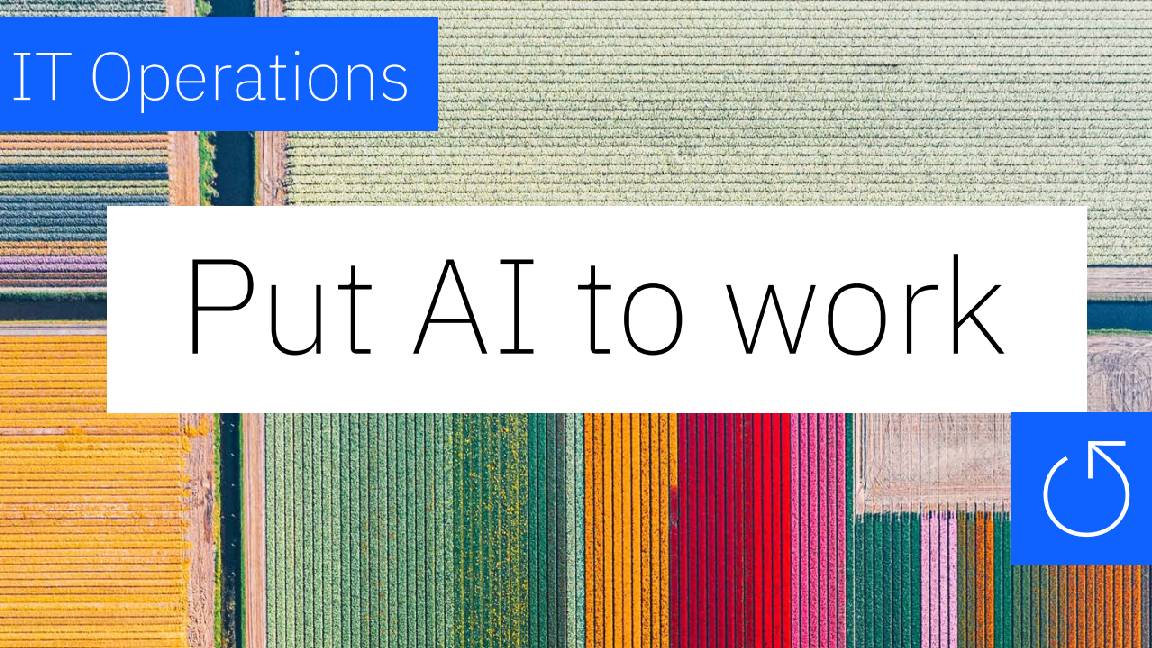 Put AI to work for IT operations
Put AI to work for IT operationswhitepaper Reduce the cost and complexity of managing hybrid applications
-
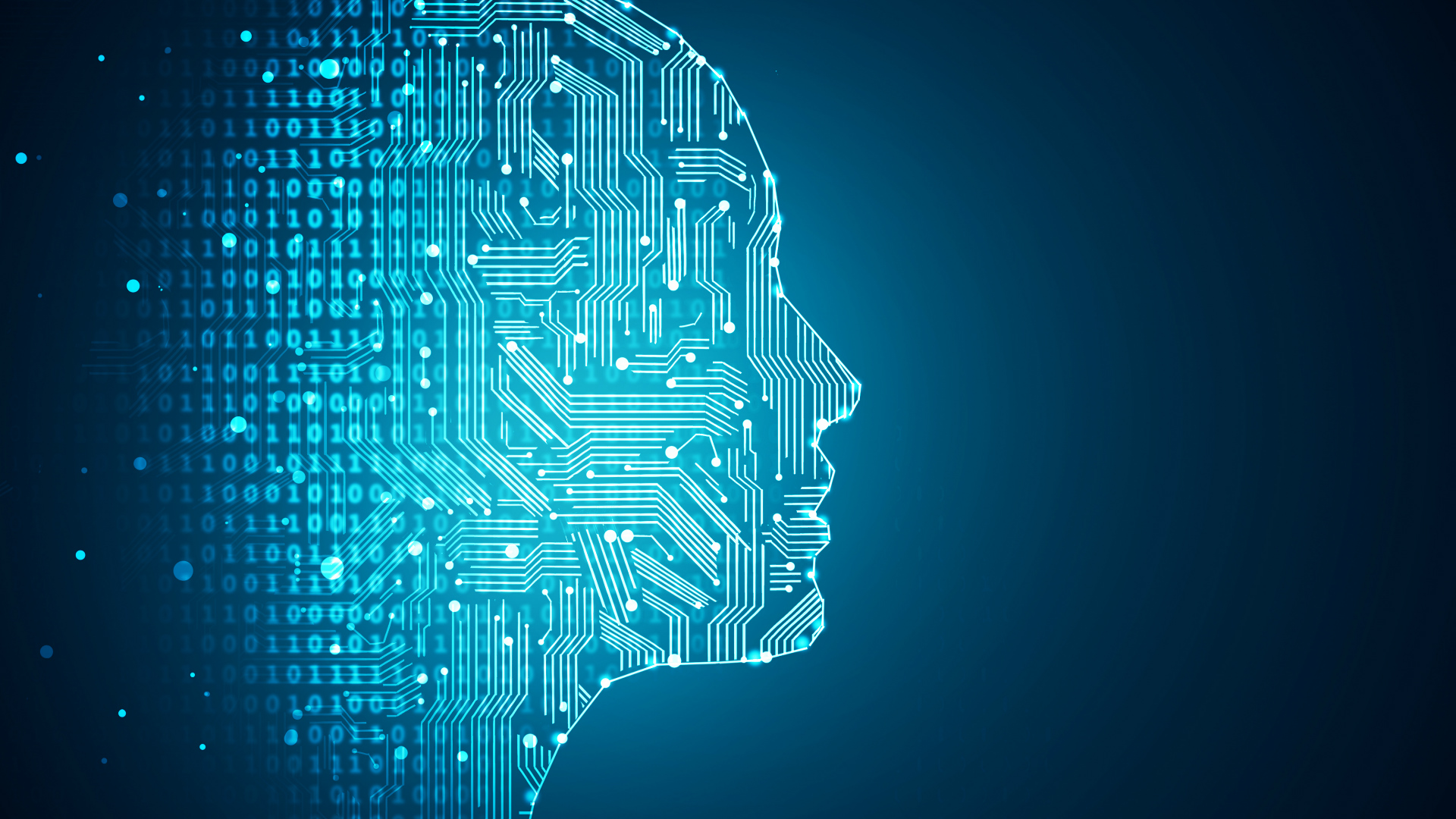 AI in the retail industry is spreading beyond the IT department
AI in the retail industry is spreading beyond the IT departmentNews AI has become a strategic imperative for retailers, delivering marked productivity gains
-
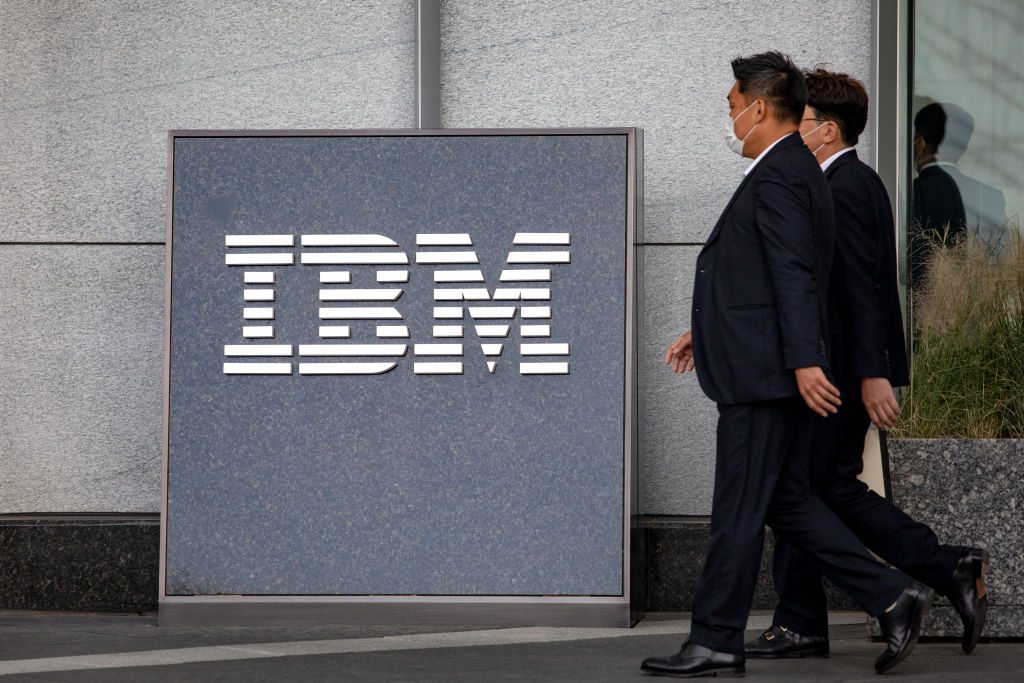 Maximizing contact center operations with generative AI assistants backed by responsible AI principles
Maximizing contact center operations with generative AI assistants backed by responsible AI principleswhitepaper Reduce the cost and complexity of managing hybrid applications
-
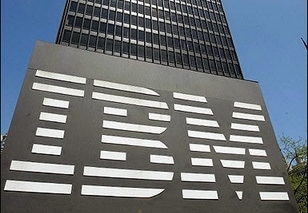 Five key orchestration capabilities to achieve AI value at enterprise scale
Five key orchestration capabilities to achieve AI value at enterprise scalewhitepaper Realize ROI through greater productivity and better business outcomes
-
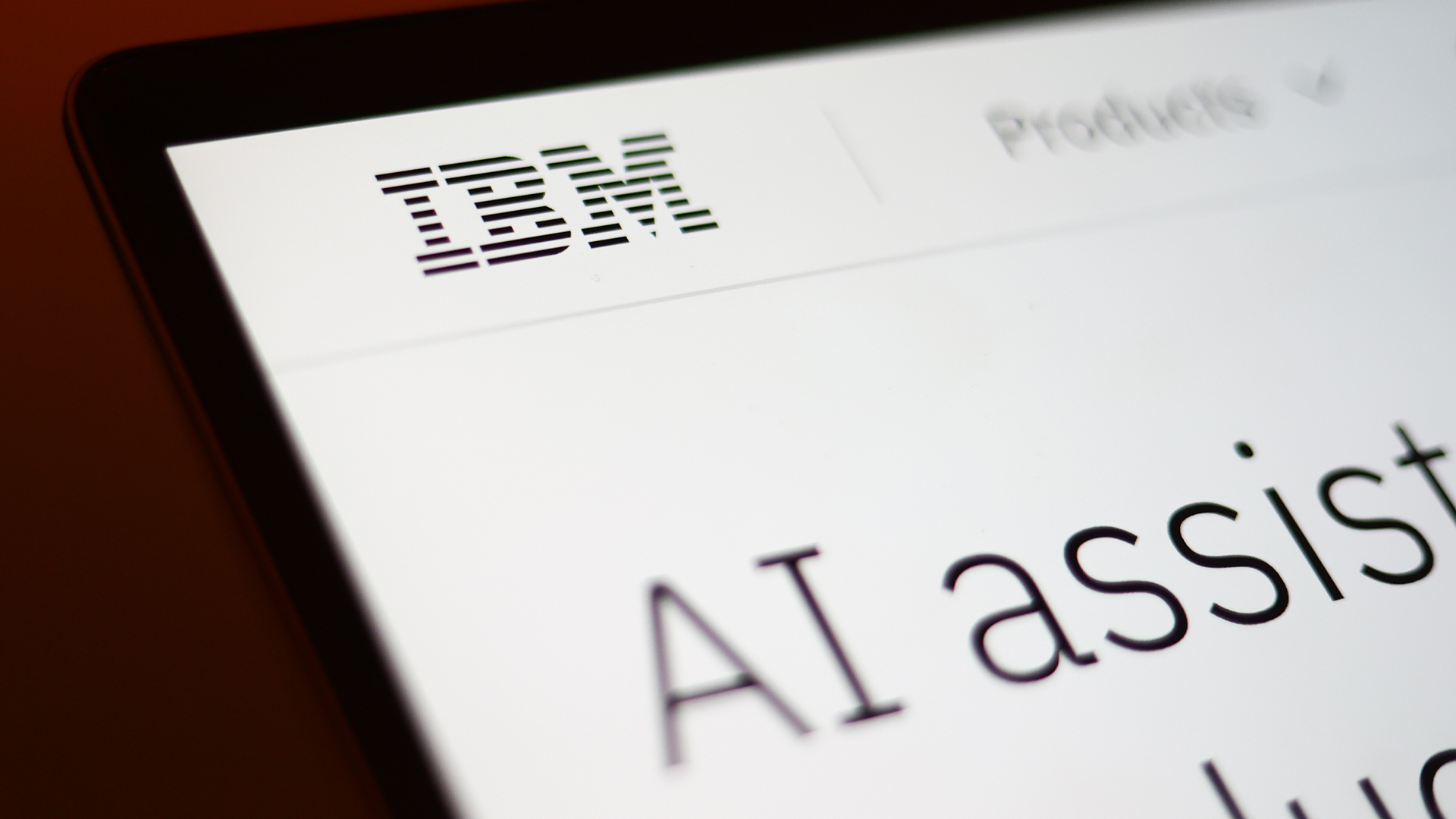 IBM just launched powerful new open source AI models – here’s what you need to know
IBM just launched powerful new open source AI models – here’s what you need to knowNews Available under the Apache 2.0 license, IBM's Granite 3.0 models are trained on enterprise data and can out-perform the competition
-
 Empowering enterprises with AI: Entering the era of choice
Empowering enterprises with AI: Entering the era of choicewhitepaper How High Performance Computing (HPC) is making great ideas greater, bringing out their boundless potential, and driving innovation forward